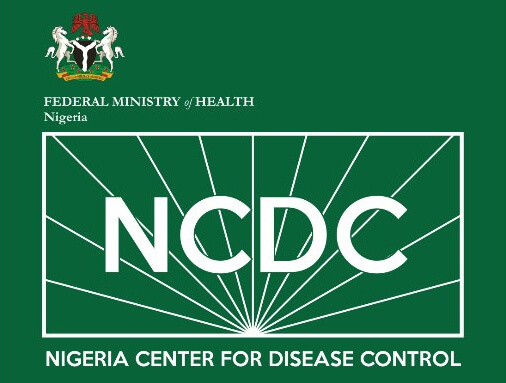The Director General, Nigeria Center for Disease Control and Prevention (NCDC), Dr. Ifedayo Adetifa has revealed a transformative strategy aimed at enhancing Infection Prevention and Control (IPC), measures in healthcare facilities across Nigeria.
READ ALSO: NCDC working to strengthen cholera prevention mechanisms – DG
Dr. Ifedayo made this known during the National IPC Programme in collaboration with partners, at Participatory Approach to Learning System (PALS) conference themed “PALS: A Catalyst for Strengthening Nigeria’s IPC Programme” in Abuja, Nigeria.
The NCDC DG said the conference as a testament to the power of bilateral collaborations, marks a crucial milestone in the journey towards enhancing patient and worker safety during healthcare delivery.
“Since 2017, the NCDC, in collaboration with the Robert Koch Institute (RKI), recognized the importance of reducing Healthcare Associated Infections (HAIs). The realization that adherence to Infection Prevention and Control (IPC) measures was suboptimal led to a pilot study in Lagos hospitals,” he said.
Dr. Adetifa said the results paved the way for the birth of the Participatory Approach to Learning in Systems (PALS) in 2019.
“Implemented across four geopolitical zones of Nigeria, PALS has shown promising results in improving IPC knowledge and practice. The collaboration between RKI and NCDC continues to grow, with a new cohort receiving training as Multiplicators, set to expand and multiply PALS in healthcare facilities nationwide. The NCDC is actively working on integrating PALS into the national IPC program, making it an integral part of routine practice,” he added.
In her speech, the National Team IPC Lead of the NICADE-IPC Project and National Coordinator of Infection Prevention and Control at the Nigeria Centre for Disease Control and Prevention (NCDC), Dr. Tochi Okwor addresses the challenge of Healthcare Associated Infections (HAIs), she emphasized the global impact, with seven out of 100 hospitalized patients facing avoidable infections.
“The PALS approach, born out of this collaboration, addresses the complexity of IPC implementation by integrating participatory, systemic, and teamwork-focused strategies,” she said.
Dr. Okwor outlined the inadequacies of conventional IPC training, noting that participants often struggle to apply acquired knowledge in their daily routines.
“PALS, as an innovative training approach, adds a social and organizational lens to technical understanding, focusing on local conditions, teamwork, and respectful communication,” she added.
Dr. Okwor who acknowledged the progress made since 2017/2018 said, “PALS has implemented in 23 healthcare facilities, training 92 IPC practitioners as Change Agents, and introducing 14 experts undergoing training as multiplicators for sustainable,” she said.
In her goodwill message, the MPH, Research Associate, and NiCaDe-IPC project co-lead at the Robert Koch Institute (RKI) in Berlin, Germany, Dr. Flora Haderer, who commended the collaboration between NCDC and RKI that began in 2017, said the collaborative effort is aimed to enhance Infection Prevention and Control (IPC) in Nigerian health facilities, evolving into the NiCaDe IPC project.
Dr. Haderer highlighted the success of the Participatory Approach to Learning in Systems (PALS), acknowledging the efforts of the interdisciplinary team and the commitment of Nigerian health practitioners.
She expressed gratitude to key stakeholders, including medical directors, government representatives, and health structures, whose commitment is instrumental in integrating PALS into the healthcare system.
“There is need for collective dedication to ensure tangible results in infection prevention and control, I urged stakeholders to continue the transformative journey,” she added.
Dr. Haderer extended gratitude to the NiCaDe IPC team, colleagues at NCDC, and RKI for their contributions and support, underscoring the importance of collaboration and dedication in advancing IPC initiatives in Nigeria.


Comments are closed.